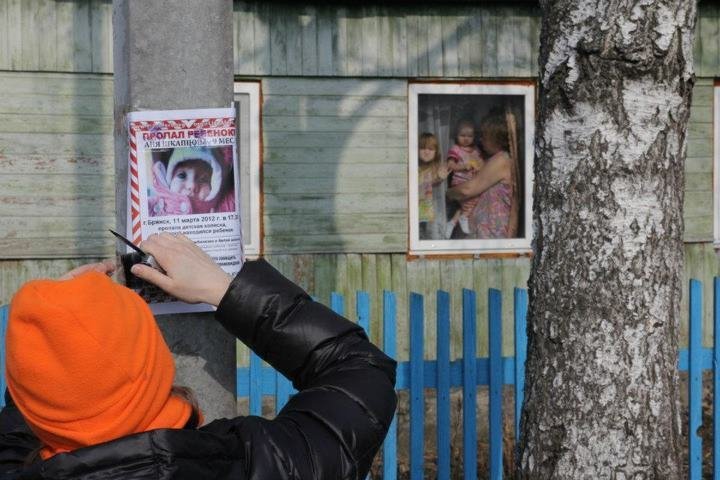MOSCOW, July 7 (RAPSI) — The All-Russia People’s Front (ONF) has proposed to improve legislation and strengthen capabilities used for finding missing people, the press service of the organization informs.
At the III All-Russian Forum of Volunteer Search and Rescue Teams in Pereslavl-Zalessky, representatives of the ONF urged the expansion of the potential for finding missing people, creating search infrastructure reserves in the regions and spoke about the prevention of incidents involving disoriented elderly persons and young children, the press-release of the Front reads.
Experts of volunteer search teams believe that the law on the search for missing persons by geolocation should be finalized and supplemented with other promising mechanisms.
As the first deputy head of the presidential administration of the Russian Federation Sergey Kiriyenko emphasized, it is possible to improve regulatory support only through joint work of representatives of the responsible bodies of the regional and municipal authorities and representatives of the search and rescue volunteer teams who are immersed in this work every day.
Coordinator of the Lisa Alert unit Oleg Leonov noted that the current version of the law on geolocation search allows to timely find missing persons in urban environments; nevertheless, additional legislative amendments developed by the unit are needed to improve search capabilities outside cities as at present the means involved provide insufficient geolocation accuracy in natural environments. This is a question for the autumn session of the State Duma, which needs to continue the work on this issue and adopt the necessary changes, he said.
Leonov clarified that there are three promising ways to increase the search accuracy: the first is the requirement for telecom operators to determine the location of the subscriber with an accuracy of up to 500 meters from the base station, and for this, at all base stations, operators need to introduce special technology, which will require investments in modernization of networks. Second, when a person calls 112, at the time of the call, the exact coordinates of his location must be transmitted via the signaling channel to the operator. Almost all smartphones have a GPS module that determines coordinates. Third, if a person is lost, but has a switched on phone with him, it is necessary to allow rescuers to use special search devices in order to find a person on the signal of his mobile phone. However, at present volunteers are prohibited to utilize these options, according to the Lisa Alert coordinator.
In addition to suggestions for improving search capabilities, LisaAlert presented a security bracelet with a built-in NFC module at the forum.
Such a safety bracelet is a non-volatile device that contains a memory chip with recorded information about a person and his loved ones. That is, it can contain the contacts of relatives, their phones, the number of the medical policy, information about any critical diseases, so that the person can be identified and quickly provided the necessary assistance. The device will be especially useful in cases of disoriented elderly persons and young children, Leonov said.
Chairman of the Liza Alert unit Grigory Sergeev proposed to create a partnership mechanism of volunteer search teams and specialized government agencies and provide operational reserves for search groups such as walkie-talkies, navigators, flashlights, search vehicles.
Arseniy Belenky, deputy head of the ONF Executive Committee for expert and analytical work, supported this initiative.
He also emphasized that the People’s Front has extensive experience in working with authorities on regulations, legislation and promised to help volunteers.
Together with colleagues, ONF is now working on bills on the database of unidentified patients and determining the location of children by geolocation of their phones. ONF is also ready to support other initiatives of volunteers, including the creation of reserves of the needed equipment in the regions, he summed up.



